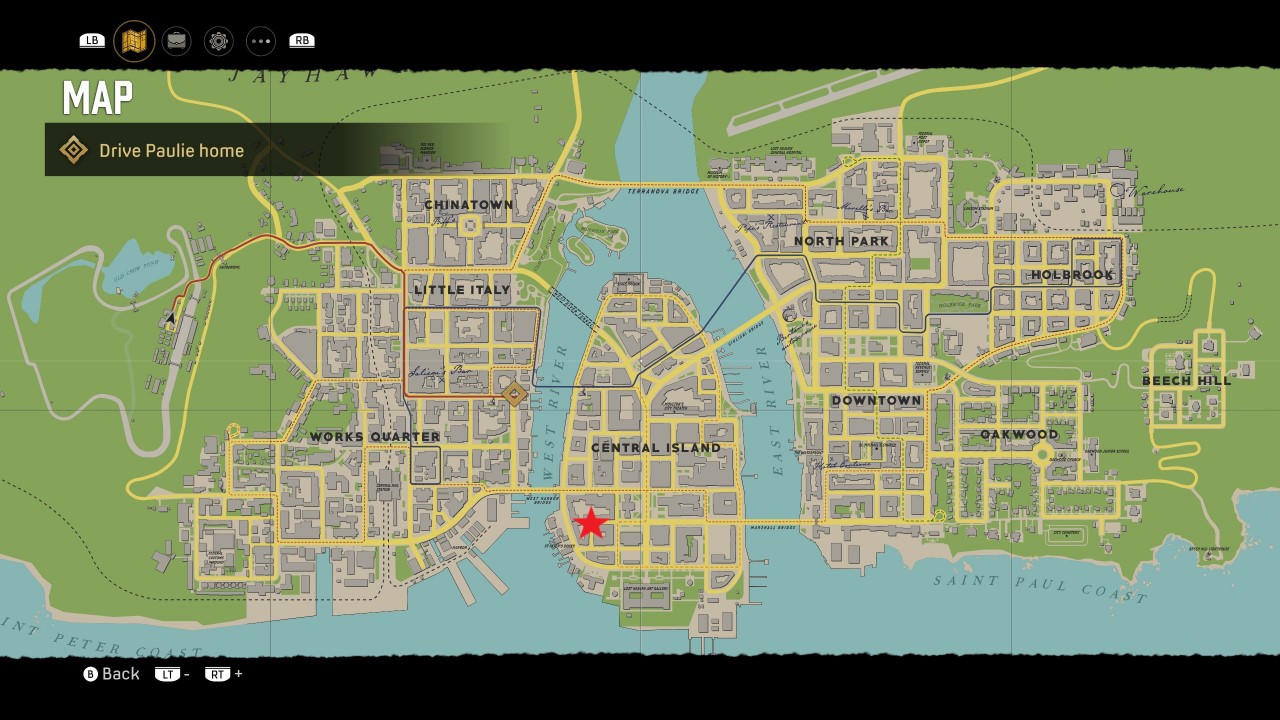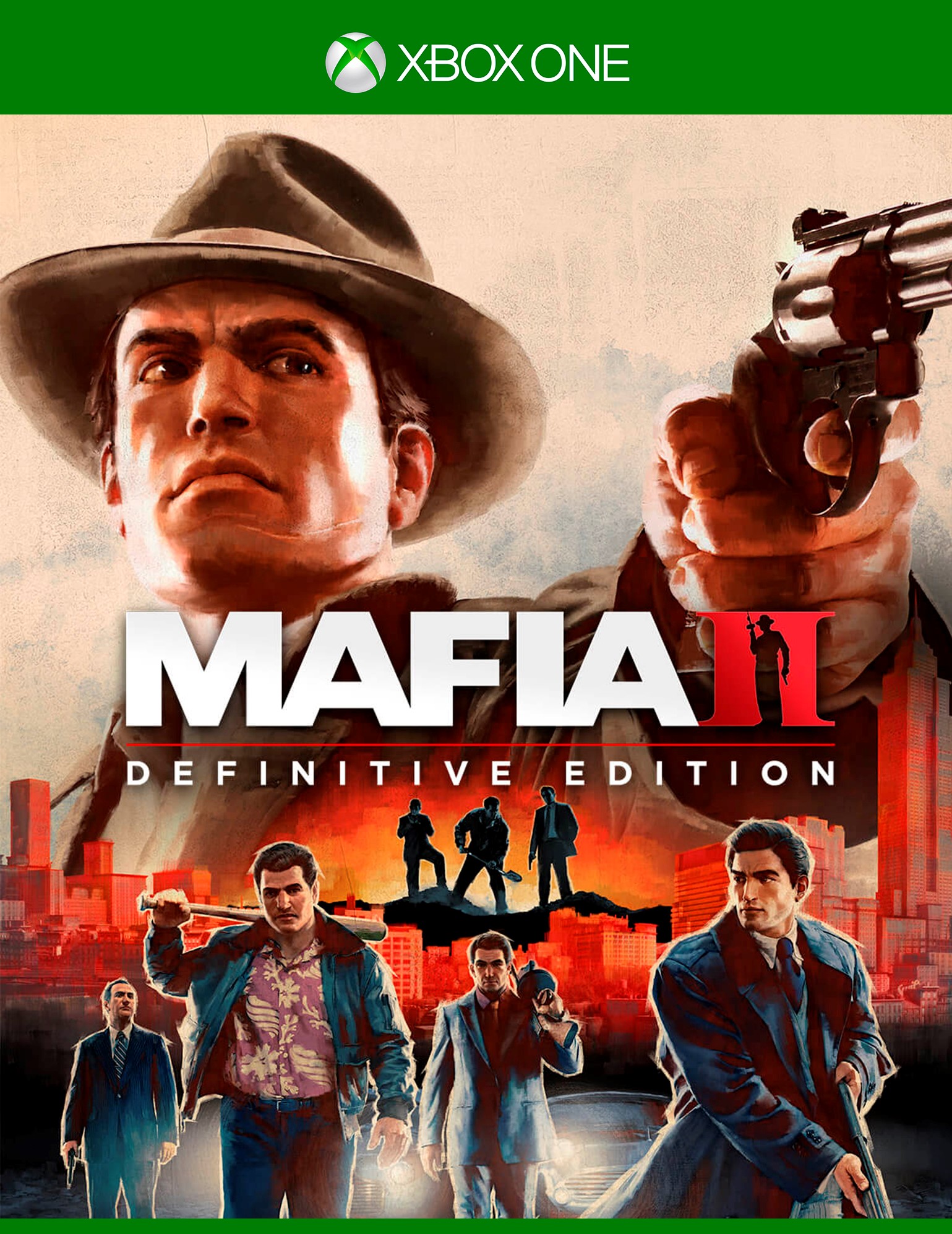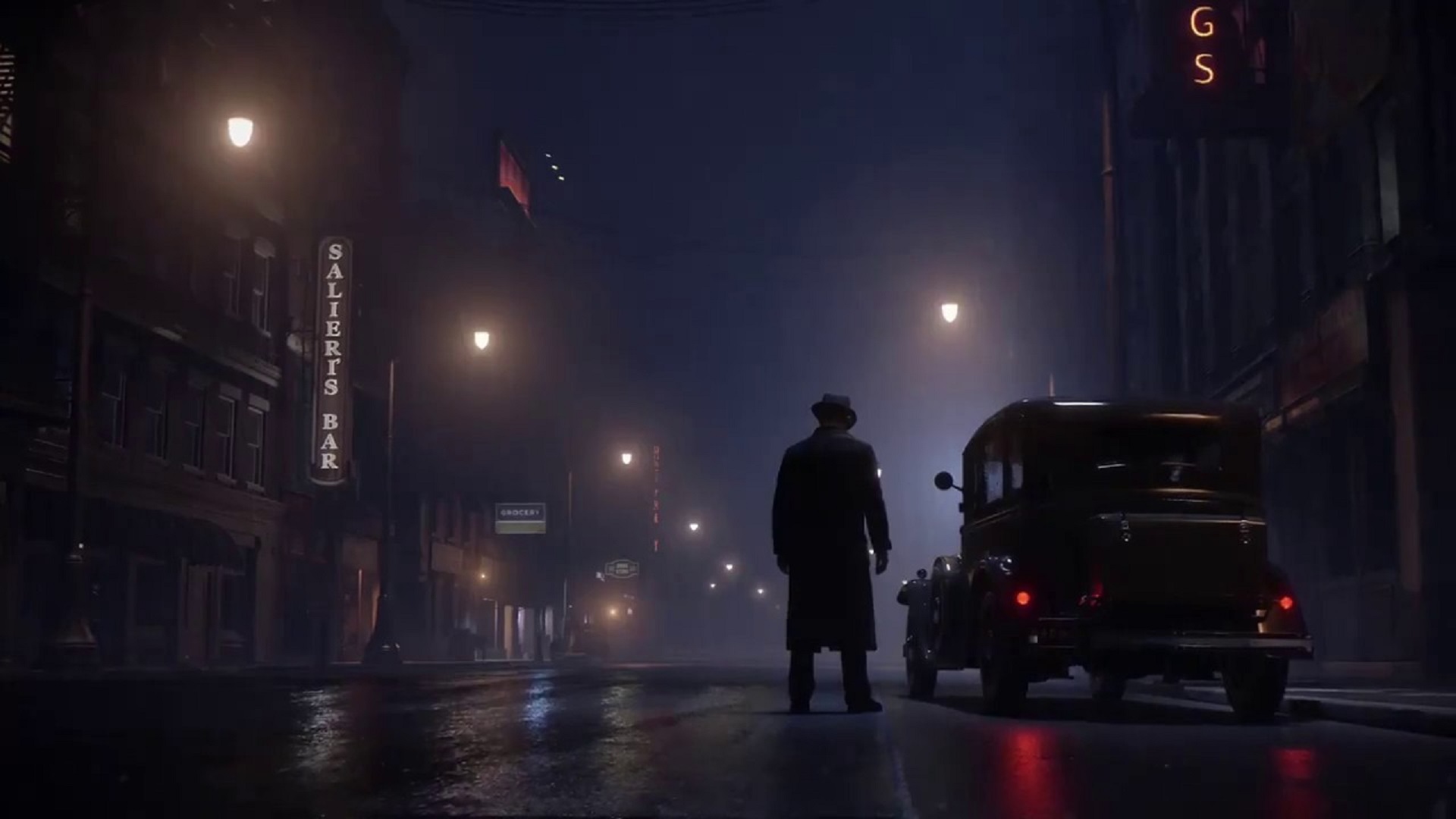


Mafia's is a world built on hypocrisy, built through the Weimar-esque bursts of mid-depression creativity that were swing and dancing jazz that blare, between imperious political decrees and preaching reports, from police chiefs, governors, presidents, lecturing on citizens' own responsibility for rising crime. A wondrous device, carrying the weight of this game's world on its back and jabbing at the heart of the decade's contradictions, the carnalism of the '30s that rubbed against the puritannical. And it's a devilishly pretty thing, when it wants to be: neon signs refracting across its storm-washed streets at night, sunlight off the glistening chrome of those good ol' classic automobiles, beings of themselves, all roaring, phallic engines, screeching tires and erotic curves.Īnd I could talk forever about that radio. Headline changes include taller skyscrapers to be more true-to-era re-directed roads to vary up your journeys re-designed districts like Chinatown and an entirely new, rural region to the north of the city.

Lost Haven, Illinois, the definitely-not-Chicago in which Mafia's set, has been drastically reimagined. Availability: Out 25th September on PC, PS4 and Xbox One.The result is a compellingly awkward, sort of doubly-effective flashback to another time. Such is the luxury and imbalance of Hangar 13's remake, a top-to-bottom effort that is at times gorgeous - to look at, to listen to, to be in, occasionally to play - but more often muddy, never quite knowing what it is, or really getting the more dated of Mafia 2002's ideas out of its own way.

There are times, in Mafia: Definitive Edition, where you might wonder if the Great Depression was really so bad after all. A mostly thorough remake of 2002's original, Mafia: Definitive Edition has its moments - but it struggles by the standards of today.


 0 kommentar(er)
0 kommentar(er)
